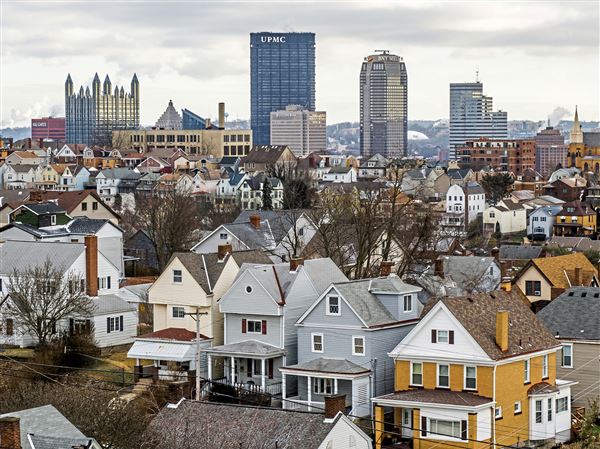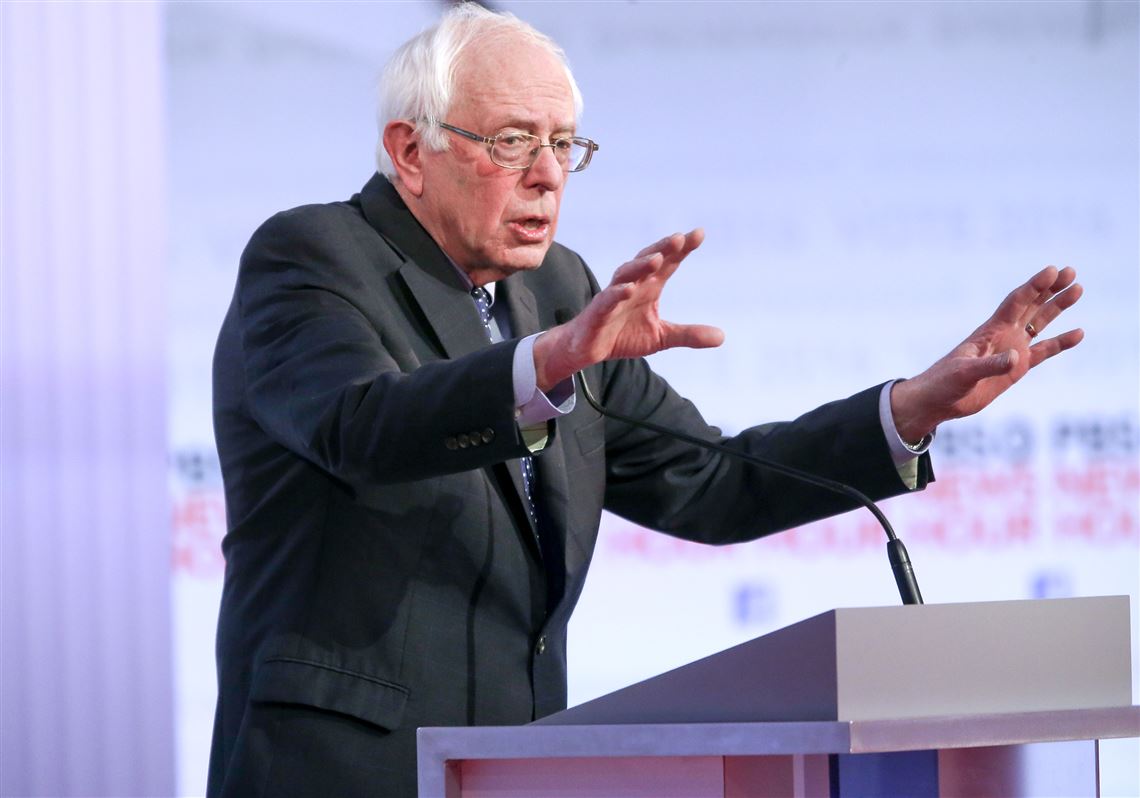My favorite part of any presidential campaign season is our unspoken national agreement to suspend belief until it’s over.
Take Bernie Sanders. He recently asked a friendly economist at the University of Massachusetts at Amherst to ballpark the cost of his promises.
The bad news? Economics professor Gerald Friedman put the price tag at $14.5 trillion over 10 years.
The good news? Mr. Friedman said this spending would stimulate the economy so much that the median household income would rise by more than $20,000.
At that point in the story, readers who support Mr. Sanders were likely beaming. Detractors were trying to crumple the analysis into a ball that they could toss across the room — and that includes those who were reading it on their laptops.
Yet who are we kidding? We don’t live in a parliamentary democracy. If Mr. Sanders is elected the 45th president of the United States, he’s going to have to deal with its 115th Congress. If it looks anything like the 114th Congress, not much of what Mr. Sanders wants to do will get done.
Now, you might say we don’t know what the next Congress will look like. But we can be pretty sure of some things.
Republicans outnumber Democrats in the House 247 to 188, and very few of those seats are in play. The Cook Political Report rates only 21 House races as toss-ups or likely lost by the party now holding the seat. That wouldn’t be enough to flip the balance of power.
Does anyone really believe President Sanders could get universal health care and free college tuition past a Republican House? Not on your autographed picture of Tom Wolf.
The political stalemate likely would echo the current ones in Pennsylvania and Illinois. Here, Democratic Gov. Wolf is nearly eight months past the due date for a budget agreement with a Republican-controlled Legislature. In Illinois, the parties are flipped but the budget process is similarly stalled.
The U.S. Senate is a bit more competitive, but a lot would have to go the Democrats’ way for the Senate to flip in their direction. There are currently 54 Republican senators, 44 Democrats and two independents — Mr. Sanders and Angus King of Maine — who caucus with the Dems.
The Cook Report sees at least a slim chance of a Democratic takeover. For one thing, there’s no way to reconfigure state boundaries the way state power brokers do with congressional districts to protect incumbents. Still, the Senate is leaning Republican in the Cook analysis.
If all this projection seems a bit premature, given that we don’t know even who the party nominees will be, it is. But the death of U.S. Supreme Court Justice Antonin Scalia has left a vacant seat on the high court and is thickening the plot.
For one, it’s now unlikely the eight remaining Supremes will overturn a lower court ruling that race played too strong a role when the Virginia Legislature overpacked one congressional district with black voters, thereby making the districts around it more solidly Republican. Republicans appealed that ruling, but odds are now good that the decision will stand.
Could that portend a national overhaul of the highly politicized way we align congressional districts? Hey, whenever a columnist trots out “portend,” you can bet he has no idea.
The more imminent question is how the Supreme Court vacancy affects voter turnout. Assuming Republicans block President Barack Obama’s nominee, the next president will get to appoint the next justice and likely others in time. The Senate will vote on those choices.
If the theoretical makeup of the Supreme Court isn’t enough to energize voters this November, Richard Lempert of the Brookings Institution offers this “game theory” suggestion to Mr. Obama: Nominate a Latino to the vacant court seat.
Senate Republicans in states with large Latino populations likely would support that pick and, if Republicans blocked the nominee, “they could lose both the presidency and the Senate because of their intransigence,” Mr. Lempert wrote.
He then carefully concludes that this isn’t just a game, these are “consequential political choices that could change the direction of the law in this country for a generation.’’
So we should all vote in November, putting most of this aside as iffy conjecture, except this: Republicans almost certainly keep the House, and many a presidential promise won’t be going anywhere.
Brian O’Neill: boneill@post-gazette.com or 412-263-1947.
First Published: February 17, 2016, 5:19 a.m.















